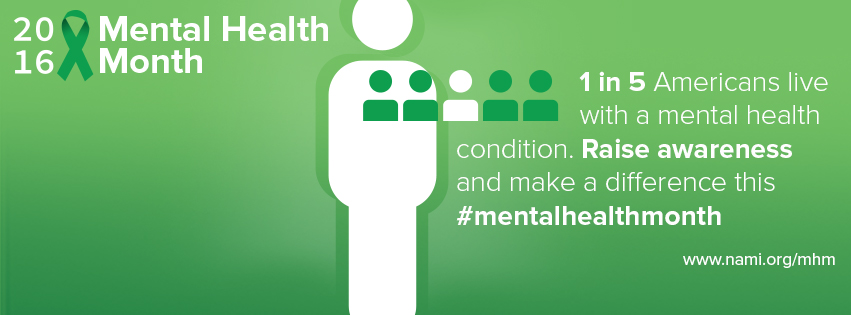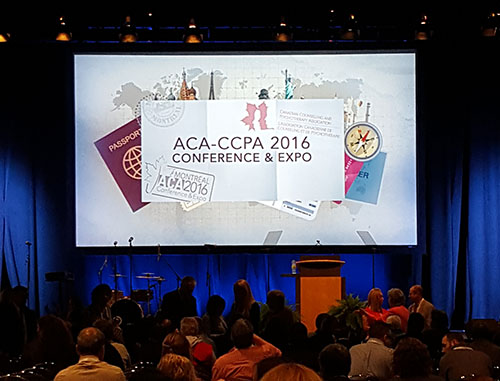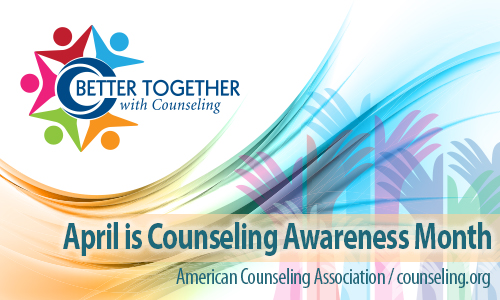
Organizations dedicated to mental health awareness throughout the year come to the forefront each May. During this month, they focus their efforts on reducing the stigma related to mental health by educating communities about mental illness. For this year’s Mental Health Month, organizations have created many different campaigns to spread this awareness. Counseling@Northwestern is highlighting various campaigns from mental health organizations working to improve education and reduce stigma around mental illness.










